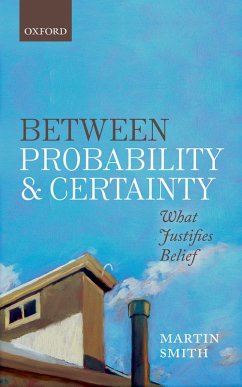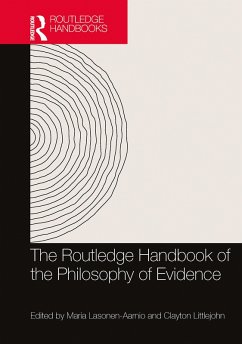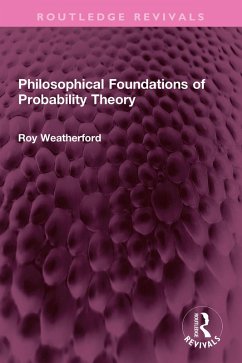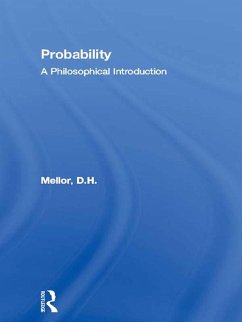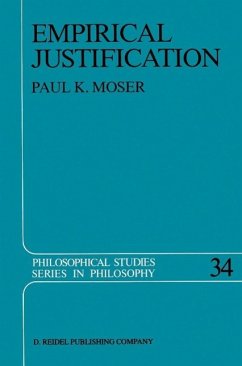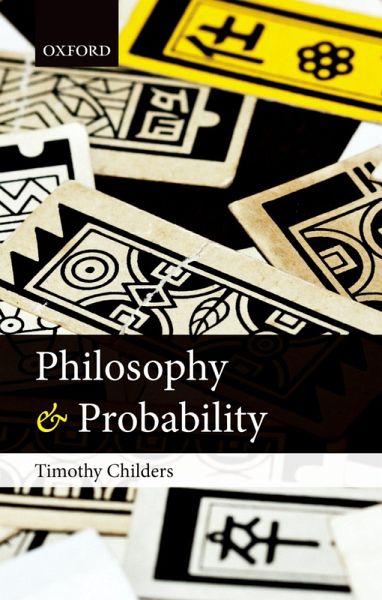
Philosophy and Probability (eBook, PDF)
Versandkostenfrei!
Sofort per Download lieferbar
15,95 €
inkl. MwSt.
Weitere Ausgaben:

PAYBACK Punkte
8 °P sammeln!
Probability is increasingly important for our understanding of the world. What is probability? How do we model it, and how do we use it? Timothy Childers presents a lively introduction to the foundations of probability and to philosophical issues it raises. He keeps technicalities to a minimum, and assumes no prior knowledge of the subject. He explains the main interpretations of probability-frequentist, propensity, classical, Bayesian, and objective Bayesian-and uses stimulating examples to bring the subject to life. All students of philosophy will benefit from an understanding of probability...
Probability is increasingly important for our understanding of the world. What is probability? How do we model it, and how do we use it? Timothy Childers presents a lively introduction to the foundations of probability and to philosophical issues it raises. He keeps technicalities to a minimum, and assumes no prior knowledge of the subject. He explains the main interpretations of probability-frequentist, propensity, classical, Bayesian, and objective Bayesian-and uses stimulating examples to bring the subject to life. All students of philosophy will benefit from an understanding of probability, and this is the book to provide it.
Dieser Download kann aus rechtlichen Gründen nur mit Rechnungsadresse in A, B, BG, CY, CZ, D, DK, EW, E, FIN, F, GR, HR, H, IRL, I, LT, L, LR, M, NL, PL, P, R, S, SLO, SK ausgeliefert werden.




